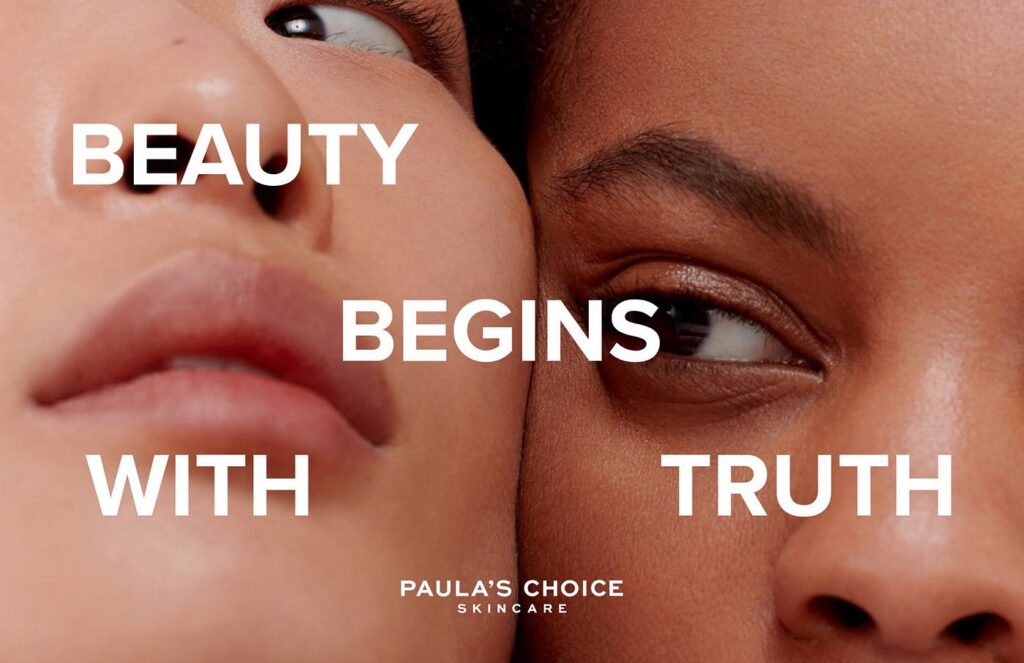Monday morning brought the news of the arrival of the latest royal baby. Prince Harry and wife Meghan Markle, the Duke and Duchess of Sussex, welcomed a healthy 7 pound son, according to a statement from Buckingham Palace. The first British-American baby born to the British monarchy will reportedly obtain U.S. citizenship and enjoy the influence of Markle’s American upbringing, raising the question of what other States-centric tendencies will be observed. In particular: will the royals follow the increasingly popular trend amongst U.S. celebs and rush to seek federal protections for their offspring’s name?
It was not all that long ago that Beyoncé and Jay-Z made headlines when they looked to the law to protect their children’s names. You may recall that the music industry power couple unsuccessfully sought to register their eldest daughter Blue Ivy Carter’s name as a trademark in the U.S. in early 2012 in an effort to prevent others from doing so.
Several years later, they tried again: this time applying to register “Blue Ivy Carter” for use on everything from fragrances, skincare products, clothing and handbags to entertainment services, CDs and DVDs, and online retail services, plus the names of their newborn twins Sir Carter and Rumi Carter, as well. As of now, the couple is without registrations due to the fact that trademark law in the U.S. has a strict “use” requirement, whether you are famous or not. In accordance with U.S. law, before a party may be granted a trademark registration, they must be able to show the USPTO that they are actually using the trademark.
Because the Carters have been unable to show that they are actually using their children’s names on the goods/services for which they are seeking protection, they have not been awarded registrations.
Chances are, should the Duke and Duchess of Sussex seek to register their child’s name – which has not yet been announced – with the UK Intellectual Property Office – or the European Union Intellectual Property Office, they will have more luck. Unlike in the U.S., where actual use of a trademark is required before a mark may be registered, the EU does not require that a mark be used in commerce at the time of the trademark application or registration. According to international corporate law firm, Harris Bricken, “This means a European Union trademark can be registered for goods or services even if the owner of the trademark is not using it or has no intention of doing so.”
In the UK, actual use or a bona fide intent to use “must be declared when the application is filed,” but a mark need not be in use for a registration to be granted. Instead, “Use in the UK must commence within 5 years of the registration date, otherwise, the registration will become vulnerable to cancellation for non-use.”
But even if the royals could seek to register the name of their baby, will they? If the lack of registrations for the names of the newest royals’ cousins George, Charlotte, and Louis is any indication, probably not. As of now, the royal family’s registrations are limited to ones in the U.S., EU, and Australia, as well as with the World Intellectual Property Organization, for “The Royal Foundation of the Duke and Duchess of Cambridge and Prince Harry.”
However, if media reports are to be believed, the youngest royal is expected to have a markedly different upbringing than his relatives. So, nothing is off the table … yet.














